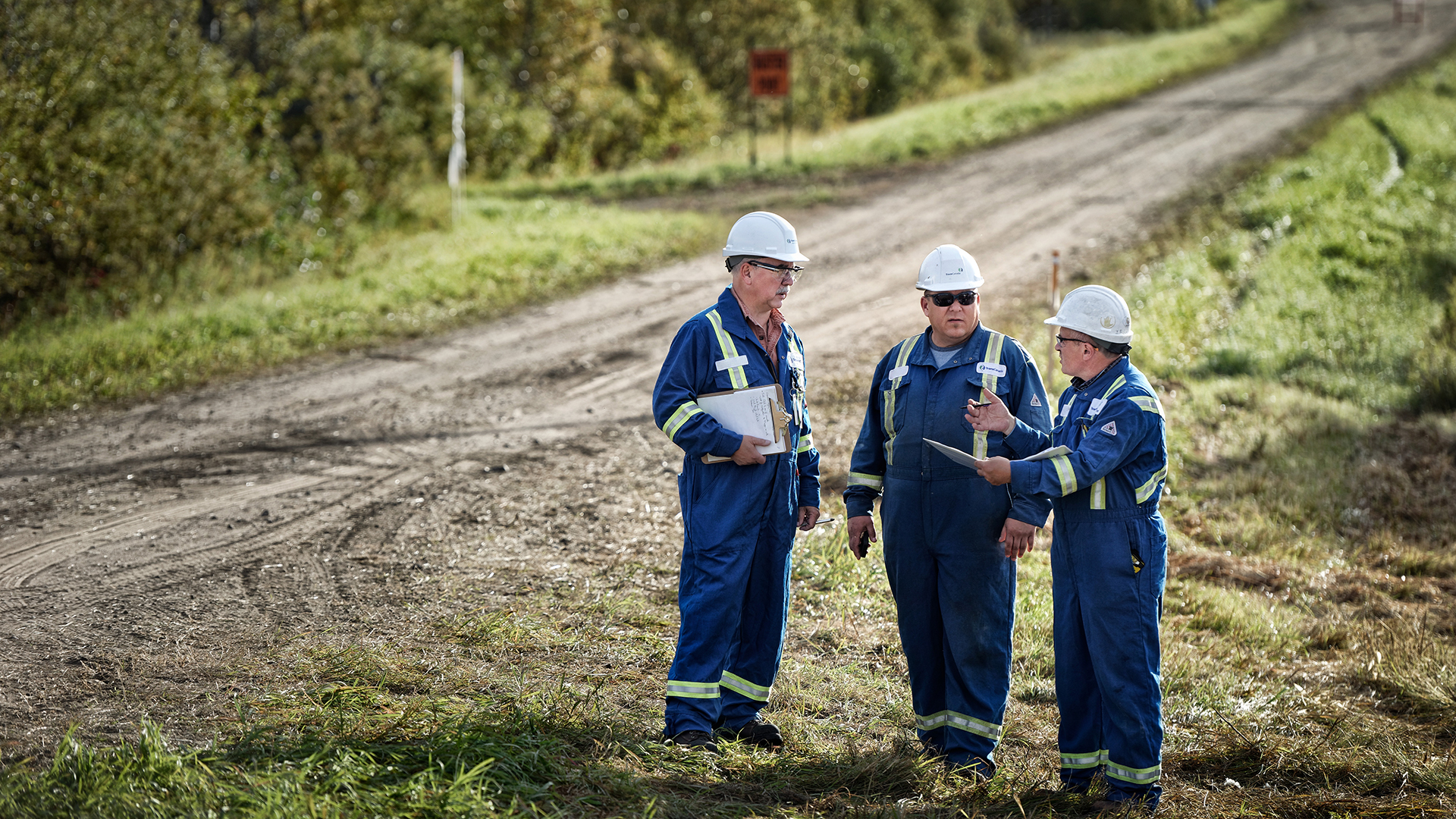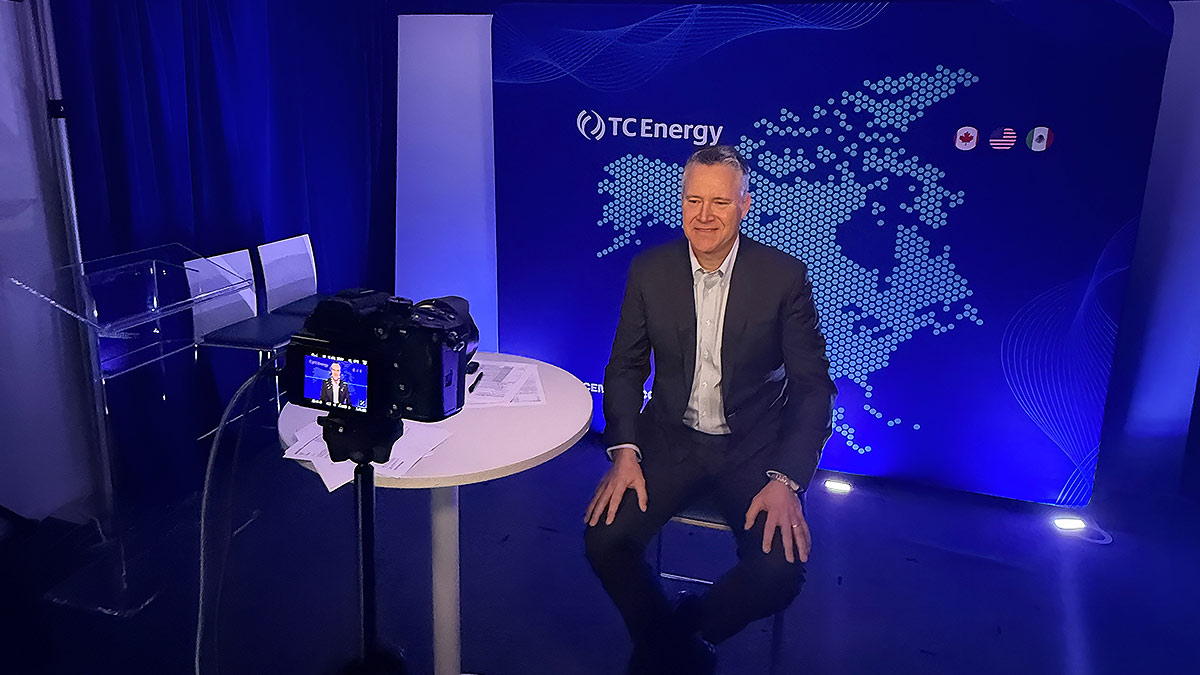Jun 19, 2025
Safety matters: Carrying out safety in our every day

Members of the TransCanada team conducting a safety evaluation in the field.
Every company pursues a strong safety culture. But what do we mean by safety culture, and how do we strengthen ours? Simply put, safety culture is our shared beliefs and perceptions about safety. For us, safety extends far past our work sites. At TransCanada, we are to determined to see our employees make safety the highest value in their everyday lives.
A strong safety culture exists when it becomes more than a mindset – it becomes a disciplined and ingrained approach to how people work and live. While this may seem like a lofty goal, the good news is we have creative and driven people pursuing it.
What are TransCanada people doing to promote safety culture?
Throughout 2017, teams across the company have been challenged to come up with some creative ways to promote TransCanada’s safety culture.
Craig Fallows, Estimating Manager for TransCanada, wanted to encourage his employees to keep safety first and foremost even after they leave the office. To accomplish this, he asked his team to create a Personal Safety Plan (PSP) to be shared with the group.
"I didn't require the PSP to be terribly complex," said Fallows. "Employees were asked to identify three to six safety goals, which could be related to health and fitness, emergency preparedness at home, safe driving, etc. As long as you created the plan, and presented it as a safety moment, you accomplished the task for your review." As a result, 100 per cent of Craig's team now have personal commitments to safety and have shared those with the team. "It was the sharing of the safety plans that sparked some excitement. For example, I shared my health goal of adopting a regular fitness routine. When everyone saw that these personal plans could be something to motivate them not only to safer behaviours but to self-improvement goals, that brought a lot of people on board." Fallows explained. "Hearing the creative ideas of others, and having a chance to share your own, really engages people."
Another way that our safety culture was put into action was through a five-week Winter Safety Awareness campaign. "The goal of the campaign was to raise safety awareness. I wanted our team to realize that safety isn't something that only our colleagues in the field needed to think about. Safety relates to all of us," said Dave Kohlenberg, Energy & Liquids Law vice-president. "Even if you're not living in a northern climate, season changeover is a good time to think about things like checking the batteries on smoke detectors or testing carbon monoxide detectors, so we focused on some of those universals to ensure the campaign was relevant to everyone.”
Over in Canadian Gas Operations (CGO), vice-president, Bryce Lord, also launched a multi-week safety initiative. Partnering with TransCanada’s Safety Culture team, CGO leaders helped develop field specific safety resources to roll out each week in October. Focused on several key field activities like safe driving and diagnosing fatigue and distraction, the Spotlight on Safety Initiative not only encouraged individuals to commit to safe behaviours and routines, it also prompted workers to watch out for each other.
"We actually know how about 90 per cent of incidents occur. Most of the time, they can be traced back to a worker's state of mind," Lord explains. "When someone's in hurry, dead tired, really frustrated, or if they're just going through the motions because they've performed a certain task many times, that's when someone gets hurt."
Through these creative, educational and engaging safety exercises, employees were reminded of the importance of putting safety into practice both inside and outside the office. Most importantly, the pursuit of safety is something we at TransCanada take seriously, and we will continue to keep it top of mind as we work towards our goal of zero safety incidents. This helps us best protect our employees and the public as we provide the energy that North Americans use every day.



